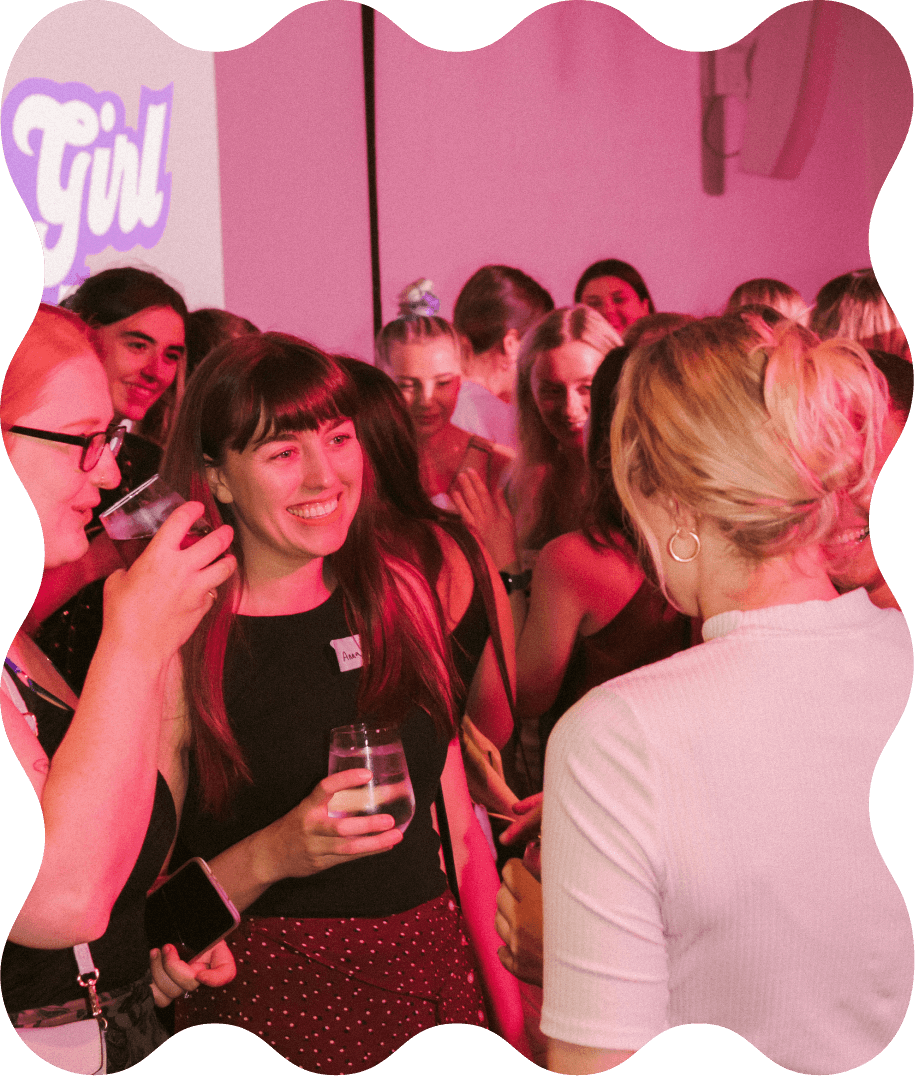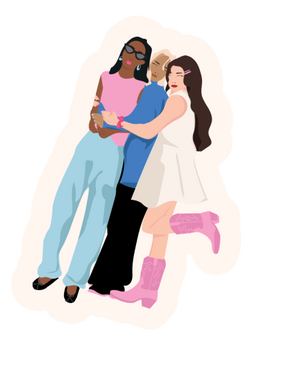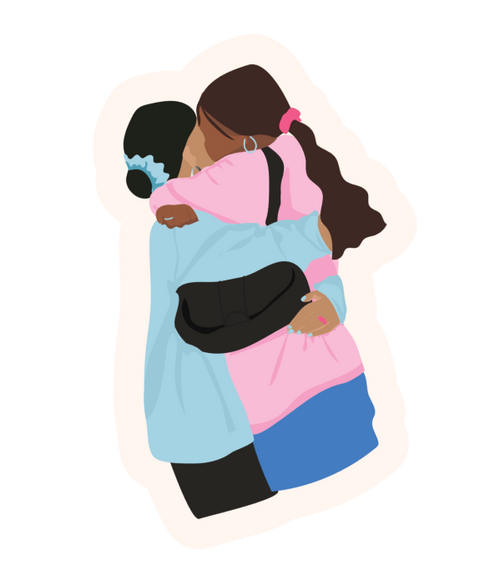Growing up as the child of an alcohol-dependent parent – and how I see drinking culture now

There was a character in Emmerdale called Shadrach Dingle. He had long grey scruffy hair and a beard and looked like he had been dragged through a hedge backwards. He was often to be found staggering around the pub or sat on a park bench being berated by various other villagers. He was killed off the show when he collapsed into a river and drowned whilst trying to retrieve some beer cans.
I think that when my Mum hears the term ‘alcoholic’ this is what she thinks of. I think that, for many people, when they hear that term – it’s who they think of. Not Shadrack specifically (unless they also revelled in 7pm Emmerdale sessions) but, more or less Shadrack. And why wouldn’t they? It was certainly the only representation of an alcohol dependency that I ever knew of growing up. That or a headline in The Sun newspaper of some celebrity checking into rehab. So Shadrack or Lindsay Lohan.
It’s easy to dismiss this type of thing – to not question the representation of dependent drinkers that we are offered. And it’s easy to see why too. Nothing kills the buzz of a house party like a deep discussion about the UK’s problematic behaviour towards alcohol. But it does need to be had.
We normalise far too much. We walk past gift shops and see windows stacked full of cards saying things like “I’m on the gin diet – so far I’ve lost 4 days” and we laugh, because that’s an exaggeration – right? We create a false sense in society that the crutch of fun, of dealing with issues, with socialising with friends, with having casual sex – is alcohol.
We make it so incredibly easy to fall into an unhealthy relationship with it and yet, in the same breathe, we shame those who do – all whilst creating narratives around drinking dependencies that, for most people, are only based in the extreme; they acknowledge none of the subtleties of it. In fact, the stigma around the word ‘alcoholic’ has gone so far that it is no longer the recommended term – it has been made rotten by our treatment to it.
Growing up as the child of an alcohol-dependent parent
So where does that leave people like my Mum? Like my family?
The truth is, for a long time, it left us paralysed. She didn’t identify with the term that was offered to her, so we never progressed. There were so many nights of conversations that went nowhere.
You’d think it would be clear cut. That it would be easy to understand that she needed help – but that’s the power of a stigma. The shame is more powerful than the reality. And what’s worse, is that’s it’s not just shame; its misinformation through popular media narratives, it’s normalisation through memes and gift shops and everything in between – the conversation is everywhere but very infrequently is it actually being had seriously.
People need to understand two things. 1) It’s not about the quantity, or the when and the how – it’s about the relationship you have with alcohol. 2) Dependent drinking is not a culmination of mistakes.
In England, there are an estimated 586,780 dependent drinkers – only 18% of them are receiving treatment. I don’t have to wonder about why that number is the way it is.
Dependent drinkers are not caricatures – they are people who happen to have an issue with alcohol. And that’s why, really, I have told you the least interesting, least important thing about my Mum. What I really want to tell you is that she’s funny. That when I go home to visit she tries packing the whole fridge full of food home with me, just to keep me well fed. That when I was learning to drive, the only person I felt at ease in the car with was her. That she is a brilliant, brilliant Mum. That my love for her is unconditional.
Children of dependent drinkers – I know we can feel a bit forgotten; left alone in the middle of a minefield. I know we were just children – and we had to see it all happen.
I know that sometimes it feels relentless; like you feel like you’ve been given a problem that you will bang your head against – for years and years. I know how it feels to feel eroded by worry. To imagine the worst every time you see your phone ring. To wish you could jump into someone’s body and just control their actions. I know how it feels to be fourteen and to have to become an expert in analysing and predicting, and fixing; to feel the rage, and the absolute undefinable sadness, of feeling you will never be chosen when up against a glass of wine. To have to learn how not to offer yourself up as emotional bait; to realise, too young, that it’s more complicated that that.
I know that a parent can both be your best friend, and the reason you stay up at night, worrying – or the reason you stay in your room, hiding. Society will try making them one or the other, a villain or your saviour; but life isn’t as simple as that. You can both be full of a lot anger, and love them with every part of you.
And I do have some advice too. You may not be ready to hear it – and that’s okay.
But if you are, firstly, therapy helps. It really does. I know the financial worry that comes with counselling but there are affordable options out there – check out Mind Charity, for example. It’s hard but it helps.
You don’t need to ask too much of yourself too quickly – just start becoming aware of behaviours. When you feel yourself rushing into saviour mode, just feel its presence. Remind yourself it’s okay to set a boundary, to verbally tell that person you can’t help right now or to create some space.
When you feel panicked, ground yourself by holding onto a surface or just touching your leg and feel the material against your hand, breathe for a few seconds.
Find someone who you can tell freely. You may find that some people just don’t get it, they downplay it because of the caricatures we’ve mentioned, they think you’re exaggerating because your parent doesn’t meet their stereotype – but whether or not they believe you, that doesn’t make it any less true. You’ll find people who are there for you. They may not always say the right things – but they can give you love.
Remember, too, the world is getting a bit easier – you can see a shift. People are having these conversations. Non-alcoholic brands are getting bigger. The space in which to breathe is getting bigger.
And, finally, know that our life is a lot more than helping them. I don’t want to end this thinking that I’ve been subbed in for the big counselling scene at the end of Good Will Hunting – but god, do I know we need to hear it. This isn’t your job. This was never our job. And it’s not our fault that we don’t know how to fix it.
You deserve to feel free.
This piece was published anonymously at the request of the writer











